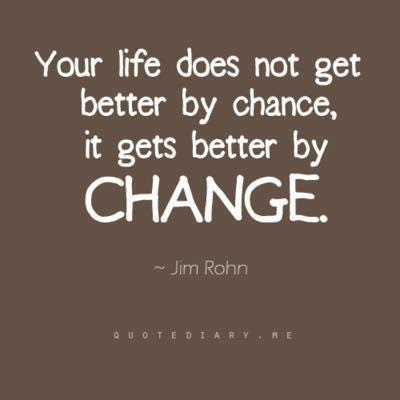Practice of Compassion
By
Noorudin.S.Bhamani
Once upon a time a deer lived in a lush deep forest. It was very beautiful with golden fur that sparkled like multi-colored gems, eyes as
blue as sapphires, and even horns and hooves shone with the cluster of precious
stone.
One day the dear heard the cries of a man being carried away in
the river with a strong flow. The deer responded by entering the strong flow
and allowed the exhausted man to climb on his back. He carried the man to the
safety of the bank and warmed him with his fur.
The man was beside the deer until he was totally recovered, and
with gratitude and wonder at the marvelous deer. He took leave to go home. One
night he saw the deer in his dream, "No one has ever done anything for me
such as you have done," he said. "My life is yours. What can I do to
repay you?” To this the deer replied, "All I ask is a promise that you
will not tell other humans about me. If men knew of my existence, they would
come to hunt me."
At that time, in that elite section of the city, there was a
wealthy lady who saw extraordinary things in her dreams that eventually became
real. One night she dreamed of a brilliant golden deer that sparkled like
jewels & lived in the deepest of the jungle.
The wealthy lady awoke and called her personal manager to tell
him of this amazing dream, and she asked him to go and find the deer and bring
it to her. The personal manager trusted his employers visions, agreed to find
the deer. He ran an advertisement on TV to all of the hunters to look for the
shining, golden deer spotted with many colors. Whoever could bring the deer to
the wealthy lady would receive a huge bungalow and 5 million cash in prize
money.
The man a wood cutter by profession, who had been rescued by the
deer, saw the advertisement, and was greatly troubled. He was still grateful to
the deer, but he was also very poor, and he imagined himself struggling with
poverty for the rest of his life, cutting wood. Now a life of prosperity was in
his grasp! All he had to do was break his promise to the deer. He was pushed
with desire and pulled by gratitude. Eventually he told himself that as a
wealthy man he could do the world a lot of good to make up for breaking his
promise. He went to the personal manager of the wealthy lady and offered to
take him to the deer.
The personal manager was delighted, and he gathered a large
group of expert hunters and set out to find the deer. The rescued man guided
the followers over rivers and through forests, and they eventually came to
where the unsuspecting deer was grazing."Here he is, Sir," the man
said. The personal manager had seen the deer, which sparkled in the sun like a
heap of jewels and was overcome with desire to obtain this beautiful deer for
his wealthy employer, and he fitted an arrow to his bow.
Before pulling the string of his bow, the personal manager
asked" fortunate one! Please explain how you found him here? The man, now
filled with guilt, looked down at the ground and told the whole story. The
personal manager grew angry, and turned the direction of his arrow towards the
wood cutter. "Why should this lowest of men live any longer?" he
roared. It is better to take a log out of a flood than to save an ungrateful
person from it. Take him in our custody, we will deal with him later, let the
deer go and let us all return to the camp".
That night the deer came in the dream of the personal manager,
"Stop, Sir," he said. "Do not strike the one who is already
stricken, His only fault is his poverty and selfishness in deeds, I rescued
this man from danger, and now he brings danger to me. The personal manager
promised to give the man the rich reward he had been promised by the wealthy
lady.
"I believe all the worldly moral laws can be summed this
way: Compassion to all human beings. The practice of compassion to all human
beings should cause humans to regard all human beings as their own families. If
a person regards all human beings as his own family, how can he even think of
harming them? The whole of righteousness is contained in compassion. Keep this
in mind and practice compassion to fellow human beings as if they were your
sons and daughters, and your reign will be glorified."
...XXX...























.jpg)
.jpg)



